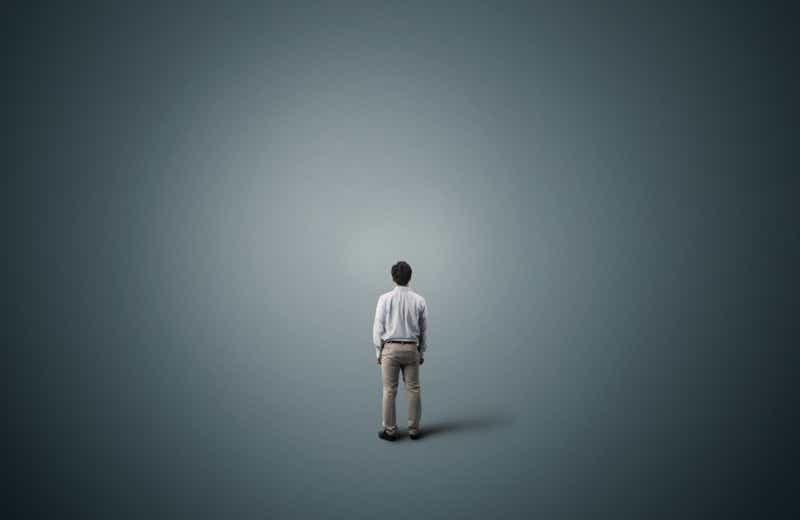A happiness expert on how to feel less alone.
There are a lot of stressful factors weighing on us right now amid this global pandemic. But, if there’s something that author Gretchen Rubin of The Happiness Project knows best, it’s that happy people are more likely than others to do something about the world’s woes. In other words: Finding light during dark times is really important to our collective future.
This week, we’re going to talk to Gretchen about how to cope with the pandemic. Today, Rubin weighs in on how we can combat feelings of loneliness — and how to help others with the same problem.
What’s behind our loneliness:
“We are social creatures. And one of the reasons that loneliness is such a terrible feeling is that we can’t survive alone. All those social connections, which tend to boost our spirits, have been disrupted. For many of us, we’re wanting to connect more because there’s this crisis. But we’re not getting extra connection — and we’re not even getting the bare minimum.”
On coping with feeling lonely:
“It’s hard to change our thinking and shake thoughts. But we have a lot of control over conscious action. So if you want to lift your mood, put on your favorite upbeat music. Or, why don’t you walk around the block?
One thing you can do is talk to a friend on the phone while you go on a walk outside, six feet apart from everybody else. So you’re doing our social distancing, getting fresh air and chatting on the phone. It’s just like you’re walking next to your friend — their voice is in your head.
And seek out virtual communities. I have the Happier with Gretchen Rubin podcast, and my sister and I have been doing IG Live conversations on weekdays at 4 p.m. EST, and we talk about coping with this. It’s a community thing — people weigh in and we respond to comments and people respond to each other. We draw some ideas, ask for hacks, and talk about what’s on our minds. It’s people from all over the world, and it’s comforting. We’re all in this together, we’re all wishing each other well, and we’re trying to help each other. Many of these types of communities are popping up because we’re all hungry for ways to connect.”
How to help others feel less alone:
“Call your loved ones more, especially those who are elderly, or at a higher risk. Send funny videos of your pets.
Frequency is more important than content. It’s more important to just be like, ‘Hey, what’s up? How are you?’ Rather than feeling like every time you send a text or an email, you have to have something to say in particular.
And you don’t only want to talk about bad news, because it’s very tempting to be like ‘Oh my gosh, did you hear this new development?’ But it’s hard when you may not be doing much. So, find ways to have fun. We have a group T.V. show that out extended family watches — so we can all talk about that T.V. show.”
On makeshift companionship:
“I think we also just miss just companionship. When you’re hanging out with friends, you’re not talking all the time. My daughter will do Facetime with her friends, where they just do work. They’re just hanging out and doing their work, but they’re with each other.
And if you don’t have an animal already, maybe try fostering a pet. For some people there really is kind of a loneliness for animals.”
On if a loved one gets sick:
“It’s really hard because you can’t necessarily do all the things that you want to, like rush over with a casserole. And it may not be that clear what’s going on as there’s still so much confusion about the virus. So you also don’t want to flood somebody with kind of rumors or anecdotal information that might be confusing or upsetting to them.
I think calling, writing a letter or sending a care package is the best thing you can do.”
This interview has been edited and condensed.
This appeared on Medium.com









